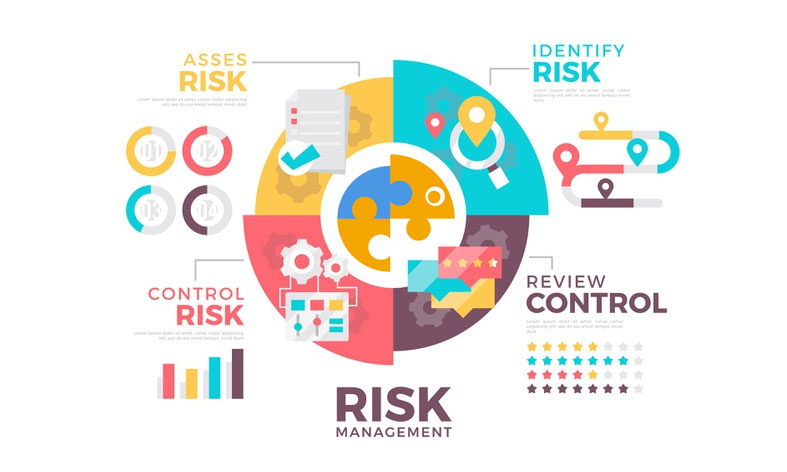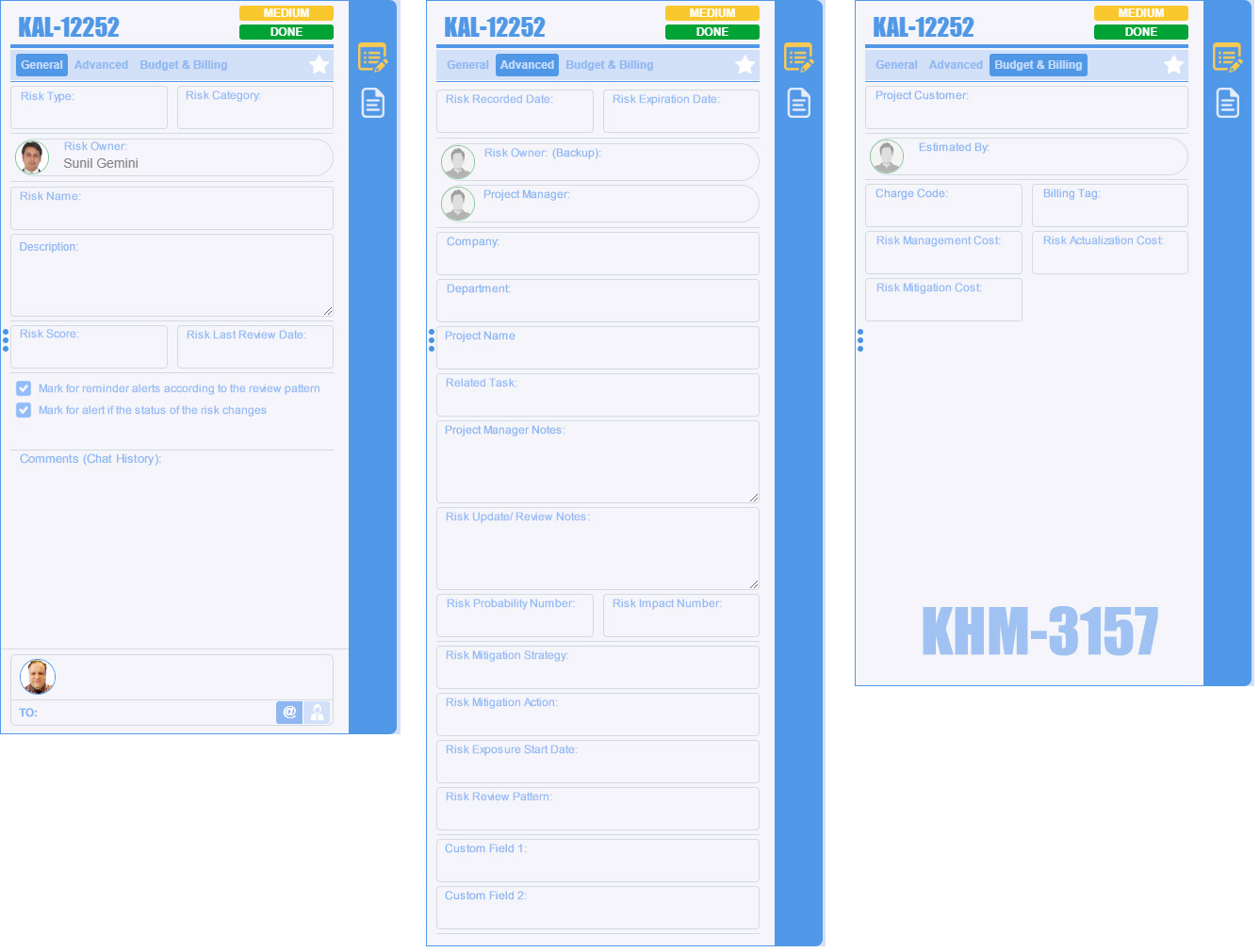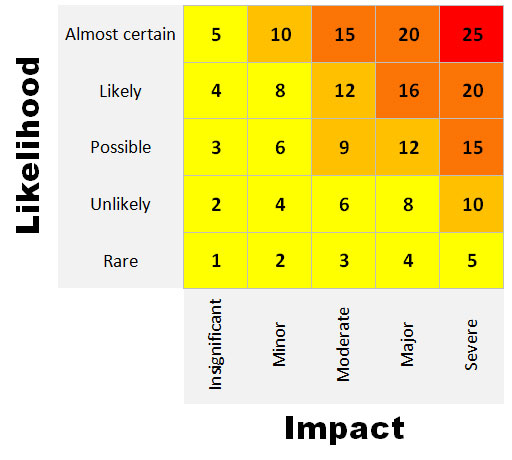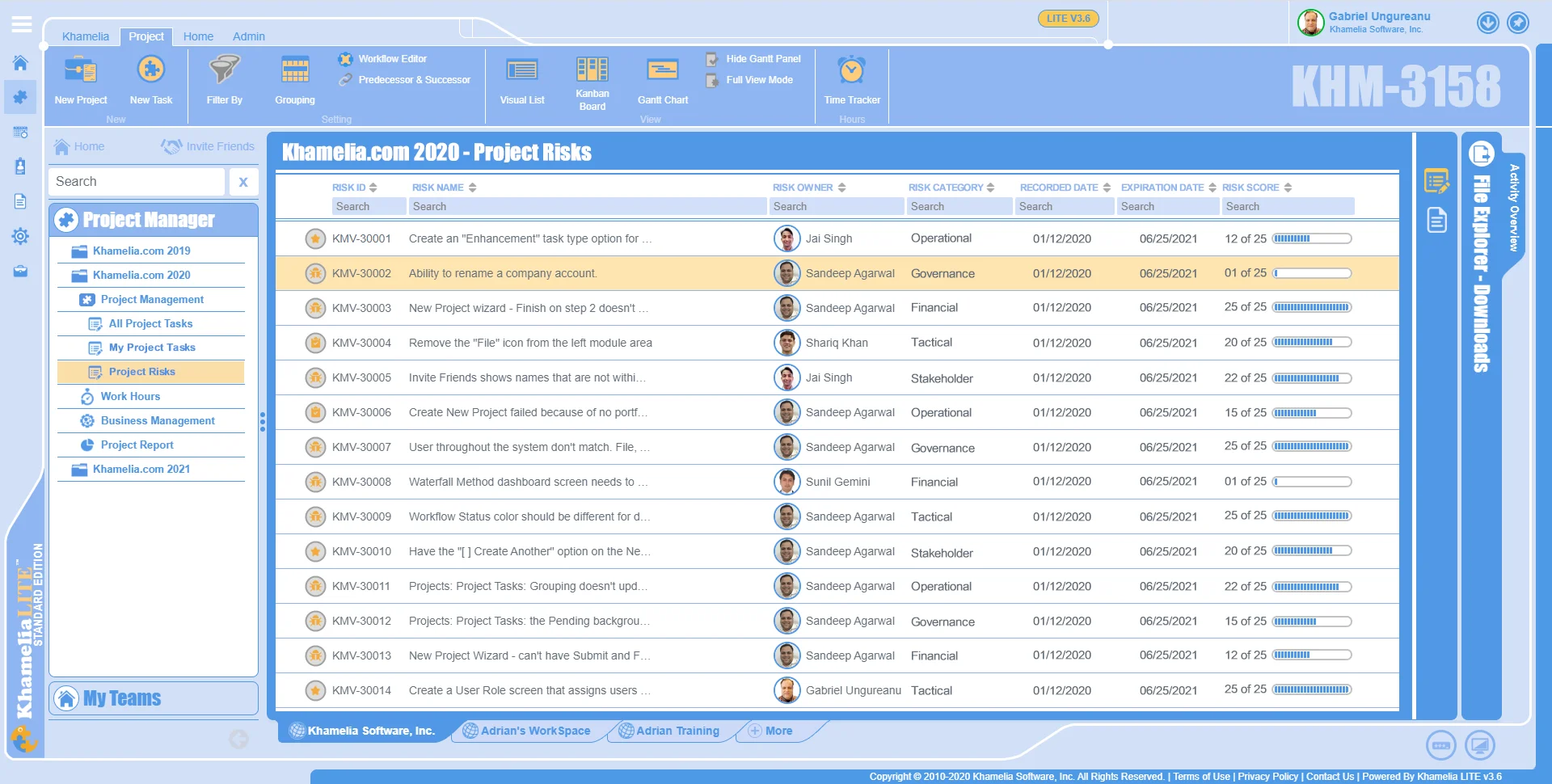Risk Management and Tracking

Adrian Bogdan
Updated 10:15 AM PST, Tue June 29, 2020

Due to the COVID-19 pandemic, lots of companies are taking Risk Management very seriously. And they should! Risk Management is very critical to the success of a company and its projects. Because of the globalization of many companies, and the economic interdependence of most countries, exposure to risk has increased exponentially. A virus that may have originated in China, has taken the economy of a country thousands of miles away, Italy, for a loop! Never has anyone seen that before. That is why many are calling the COVID-19 virus a Black Swan risk.
Risk management is a relatively new field, in the bigger scheme of things. In the past it was mostly managed by the numbers people - accountants, financial advisors, and CFO’s. It was never a major focus with the strategy people or a serious part of planning efforts.
This all changed with the prominence of Project Management. Project Managers, by their nature, understand and have an innate awareness of risks. I am a senior Project Manager myself and I know how quickly a project can go astray due to a risk. A little risk awareness and management can go a long way towards the success of the project. Just the discussion with the team, that by itself has helped many of my projects in the past.
Khamelia can help with:
- Identifying the risk appetite
- Help a company and a project better manage and understand its risk exposure
- Help management make informed risk-based decisions
- Help management allocate resources and understand risk/benefit trade-offs
- Help improve transparency for management and stakeholders
How can Khamelia Help You Manage Your Risks?
Khamelia can help when it comes to risks and Risk Management. Our Risk Management module can help you document, track, and manage your risks.
- Risk Assessment and Capture
- Risk Register
Risk Assessment and Capture
The Risk Management module in Khamelia helps a project team identify and manage risks. As the Project Manager, you may want to answer the following questions first for your team:
- How will you identify risks?
- Who will be involved in risk elicitation?
- How often will you perform risk management activities?
- Who will own the project risks?
One of the first steps is to take a look at how your company has historically conducted its risk analysis. This can help with 'not reinventing the wheel', and also help in identifying if the previous risk management processes are adequate or need improvement.
Once the project manager has identified the process for risk elicitation and assessment, he/she can add these initial project risks to the project via New Item > Risk menu. The following risk details can then be entered:

With Khamelia, you can:
- Use the Risk Module to facilitate the Risk Elicitation process
- Identify the risk
- Assign a risk score (Likelihood X Impact) can be assigned based on the Khamelia Risk Calculation Table
- Assign a Risk Owner
- Create your risk mitigation strategy for each risk
- Set up a risk review schedule
- Capture the costs associated with each risk
Once the risks have been identified, the Project Manager and the Project Sponsor can discern the level of risk the project intrinsically has, and make a decision if it should continue.
Khamelia Risk Calculation Table

The Khamelia Risk Register
Khamelia gives you a very nice risk view via its Risk Register. You can at a glance see the risk owner, category, recorded date, and the date the risk was last reviewed.

Essential Business Tools
Adaptive Business Intelligence
www.khamelia.com
Khamelia Just Makes Everyone Happy... So Try Khamelia Today for Free!
Instant Sign Up. Cancel Anytime. No Credit Card Required.
Our Privacy Policy describes how we process your personal data.




















